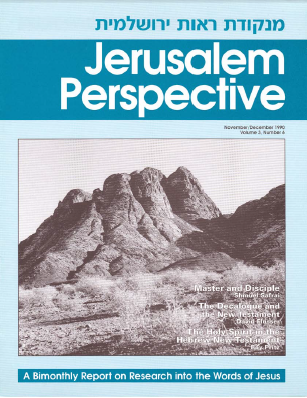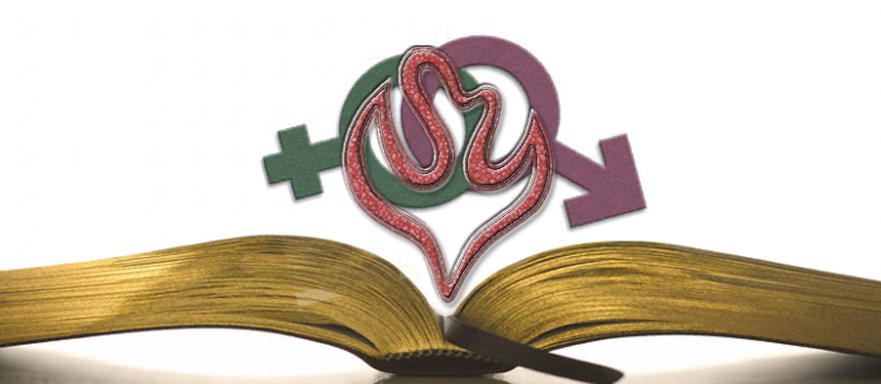Gender is a highly important part of the grammar of many languages, and one must know a noun’s gender in order to use the correct form of its modifiers.
Masculine, feminine and neuter genders exist in English, but the designations are usually intrinsically obvious. For example, mother, sister, aunt and cow are feminine, while father, brother, uncle and bull are masculine. There are a few exceptions, and one may refer in English to a ship, a country or the moon as “she,” but it is more a matter of personification than rules of grammar. Hebrew differs from English in that there is only masculine and feminine gender. Grammatically, nothing can be an “it” in Hebrew, but always must be a “he” or a “she.”
Paid Content
Premium Members and Friends of JP must be logged in to access this content: Login
If you do not have a paid subscription, please consider registering as a Premium Member starting at $10/month (paid monthly) or only $5/month (paid annually): Register
One Time Purchase Rather Than Membership
Rather than purchasing a membership subscription, you may purchase access to this single page for $1.99 USD. To purchase access we strongly encourage users to first register for a free account with JP (Register), which will make the process of accessing your purchase much simpler. Once you have registered you may login and purchase access to this page at this link:
To read the next article in the “New Testament in Modern Hebrew” series, click here.

































































































